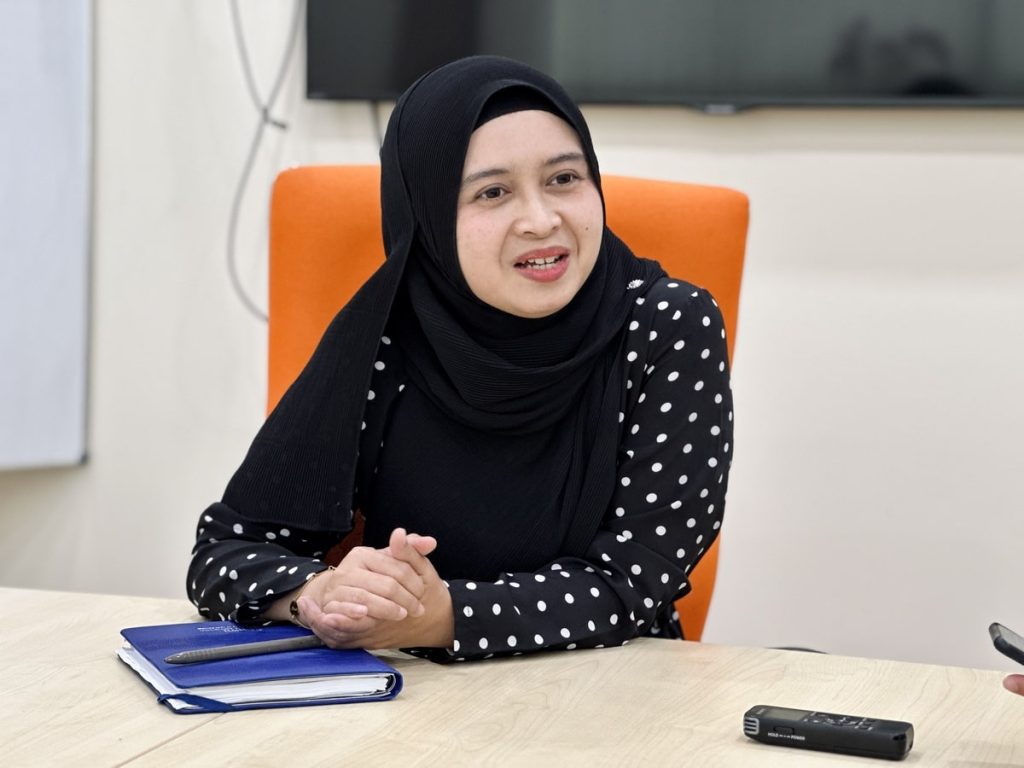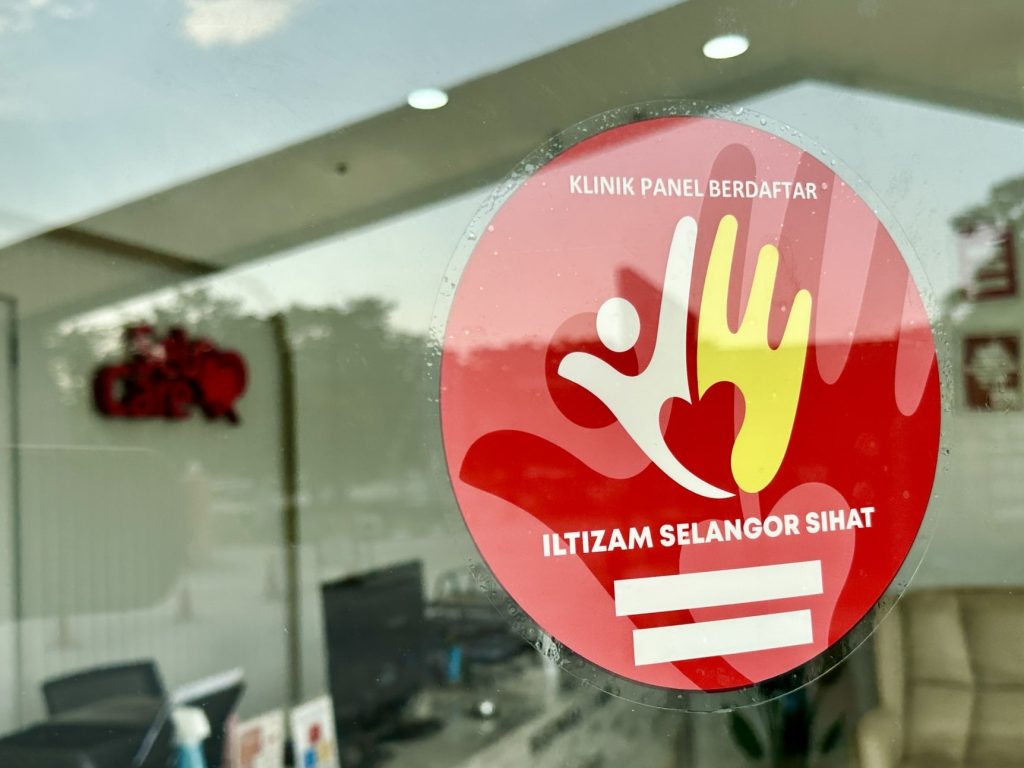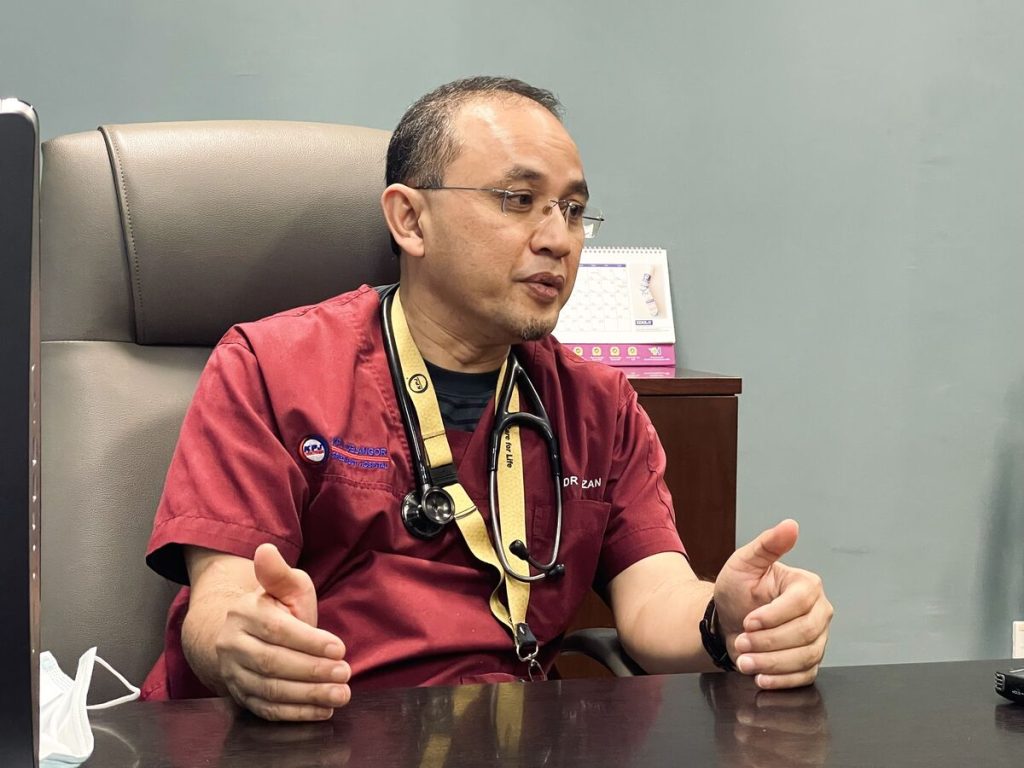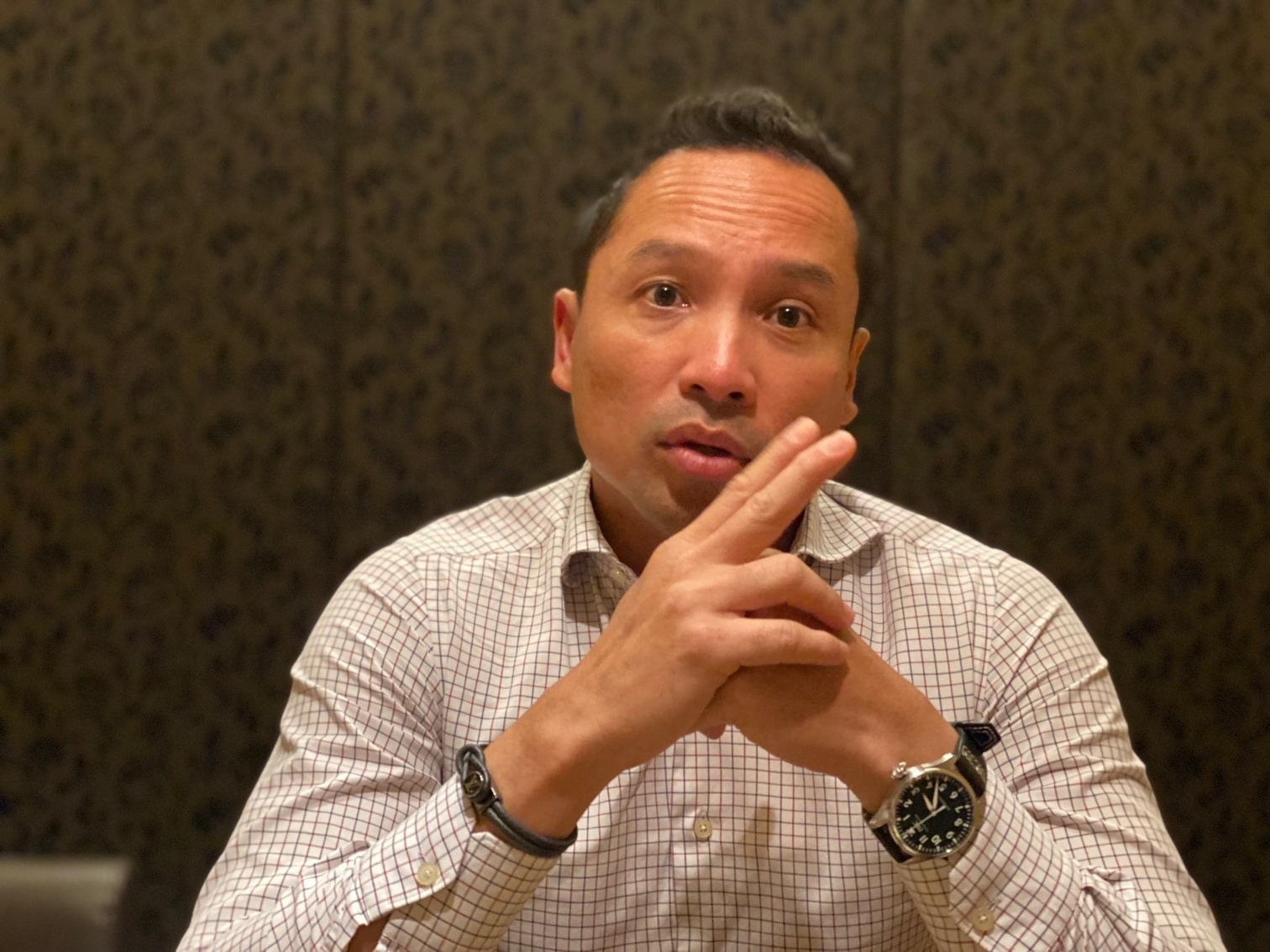SHAH ALAM, March 6 – Selcare Management Sdn Bhd – a state-owned third-party administrator (TPA) in Selangor – doesn’t cap doctors’ consultation fees or impose a list of reimbursable medications on panel providers.
The Selgate Healthcare subsidiary under Selgate Corporation also reimburses panel clinics and hospitals within just a month.
Without restrictions on consultation fees or reimbursable medicines, health care providers under Selcare Management say they get to exercise professional autonomy in determining the best care for their patients.
Under Iltizam Selangor Sihat (ISS), the state health programme provides up to RM70 coverage per general practitioner (GP) visit, while patients cover the balance if needed in co-payments. Selcare Management also provides employee health benefits for its corporate clients.
“We don’t act like a typical TPA,” Selgate Healthcare managing director and CEO Muaz Omar told CodeBlue in an interview.
“There’s no cap on consultation fees. We don’t have a list of reimbursable medications. Our payment terms to providers are 14 days to a month. Other TPAs pay 90 to 120 days later.”
Muaz also explained that Selcare Management – which runs all of the Selangor state’s health care programmes – charges a service fee to panel providers, comparable to other TPAs, that’s needed to fund its operations like a 24-hour call centre, adjudicating multi-diagnostic cases, and maintaining its servers.
“The state government’s grant doesn’t cover our operations,” he said. “Health care isn’t cheap.”
Selcare Management – which boasts a network of over 2,000 panel clinics and more than 200 panel hospitals nationwide – has assisted and served more than half a million families and individuals across Malaysia.
Better Patient Recovery Without Consultation Fee Cap

Dr Husna Abdullah, director of clinic chain Klinik Aurora headquartered in Shah Alam, said the absence of a cap on consultation fees under Selcare allows doctors at the maternity and family care clinic to provide optimal service and treatment to patients, leading to better recovery and patient satisfaction.
This extends to medication prescriptions, which are given based on affordability, with patients receiving higher-quality options if they can afford them, rather than just generics.
“For example, antenatal services, which involve regular monthly appointments, become more frequent as the patient approaches labour, especially in the third trimester, with appointments scheduled every two weeks or every weekend.
“The potential drawbacks if third-party administrators (TPAs) were to impose caps or annual limits is that when these limits are exhausted, patients can no longer utilise their benefits.
“Antenatal services, which often include scans, vaccines, and potential pregnancy complications, can be costly. Without a cap, health care providers can offer better care,” Dr Husna told CodeBlue in an interview last month.
The same principle applies to outpatient care. “For instance, if a patient presents with severe diarrhoea, they may not require hospitalisation but may need intravenous drips. The charges for such treatments are typically higher than regular medication. If there’s a cap on the claim, patients may decline drip therapy due to out-of-pocket expenses.”
Swift Payment Processing, Favourable Financial Terms For Health Care Providers

Klinik Aurora sees an average of seven Selcare patients monthly across two of its branches, comprising both state government programmes and corporate clients.
The clinic operates 20 branches primarily in Selangor and Kuala Lumpur, with an additional two in Johor. Among these branches, four – Bukit Rimau, Tropicana Aman (Panglima Garang), Emira (Section 13, Shah Alam), and Ampang – are panel Selcare clinics.
In contrast, KPJ Selangor Specialist Hospital, a panel Selcare hospital, receives approximately 50 Selcare patients each month, resulting in a monthly revenue of about RM50,000.
Data provided by Klinik Aurora to CodeBlue for its Bukit Rimau and Tropicana Aman branches from March to October 2023 revealed 48 transactions totaling RM5,720. The fees ranged from RM18, likely for common cough or flu cases, to RM419 for more complex cases.
Based on the data provided, the two Klinik Aurora branches generate a combined monthly revenue exceeding RM700 on average. Dr Husna said that revenue generated from Selcare accounts for about 10 percent of the total monthly revenue generated from TPAs.
Some months, the two Klinik Aurora branches can earn over RM1,000 combined, with the highest combined monthly revenue recorded in May at RM1,432, primarily due to specialising in maternity care, which incurs higher charges.
“So far, we haven’t encountered any problems verifying Selcare patients. We have a system in place to confirm if a patient is a Selcare beneficiary simply by using their identification card (IC) number.
“We’ve also had no difficulties in receiving reimbursements or payments from Selcare. Compared to other third-party administrators (TPAs) we work with, Selcare processes payments swiftly.
“Some TPAs take up to six months to pay us, and there’s one TPA we’re still pursuing payment from after a year. This puts us in a difficult situation because we’ve already provided the services but have not received any payment,” Dr Husna said.
According to a KPJ Selangor spokesperson, the private specialist hospital chose to partner with Selcare due to the favourable financial terms offered. These include consistent patient referrals and streamlined payment processes.
Getting Early Care For Heart Disease Patients

For heart disease patients, access to early diagnosis and treatment, especially for young breadwinners, is “extremely” important as their inability to earn has significant repercussions for their families, said Dr Noorfaizan Saaidin, consultant cardiologist at KPJ Selangor.
“When considering heart disease patients from different age groups, the implications are stark. Young patients with heart disease not only face challenges in maintaining employment but also in providing for their families. Many of these individuals belong to the B40 group, where one or both spouses are working, yet the household still fall within this socioeconomic bracket.
“Losing one source of income from either spouse can have profound repercussions on the family’s ability to sustain itself,” Dr Noorfaizan told CodeBlue in a separate interview earlier this month. “It is important to prioritise the care of these young breadwinners, as they are responsible for supporting their families.”
However, financial constraints often impede access to early diagnosis and treatment, particularly for low-income households. As a result, they are often forced to endure long waiting times at government hospitals.
“The waiting list for cardiac surgery in government hospitals can extend up to one year, resulting in unfortunate cases of patients passing away while awaiting treatment.
“I have personally referred patients to Serdang Hospital for an echocardiogram, a non-invasive test that we could perform immediately at our clinic.
“However, due to the backlog at government hospitals, the patient is scheduled for April – three months from the patient’s last visit to our clinic. This is the general waiting period, just for a non-invasive test,” Dr Noorfaizan said.
As a win-win solution, Dr Noorfaizan suggested that TPAs like Selcare Management provide coverage for medical tests and procedures to diagnose heart conditions among B40 patients, as diagnostic tests are often less expensive than surgeries.
He explained, “One advantage we have in private clinics and hospitals is time. Sometimes, patients cannot afford to wait – delaying treatment at IJN (National Heart Institute) or Serdang Hospital could prove fatal.
“Heart disease patients fall into different categories: mild, intermediate, and severe. Those classified as severe require urgent attention; however, distinguishing between these categories isn’t always immediately apparent until tests are conducted.”









